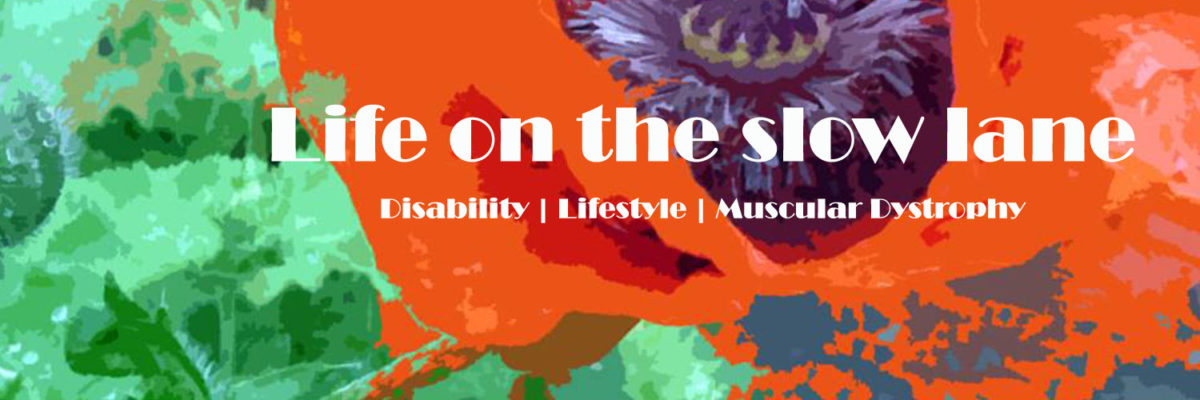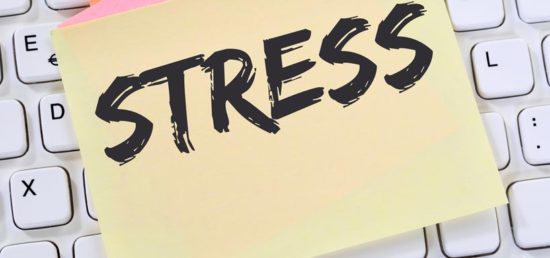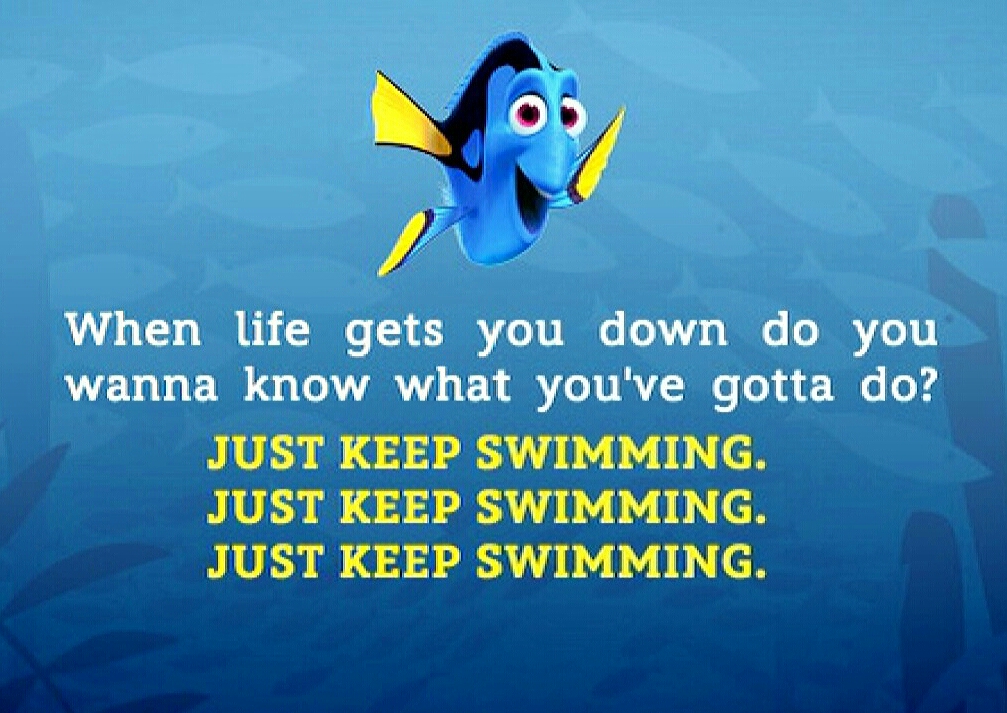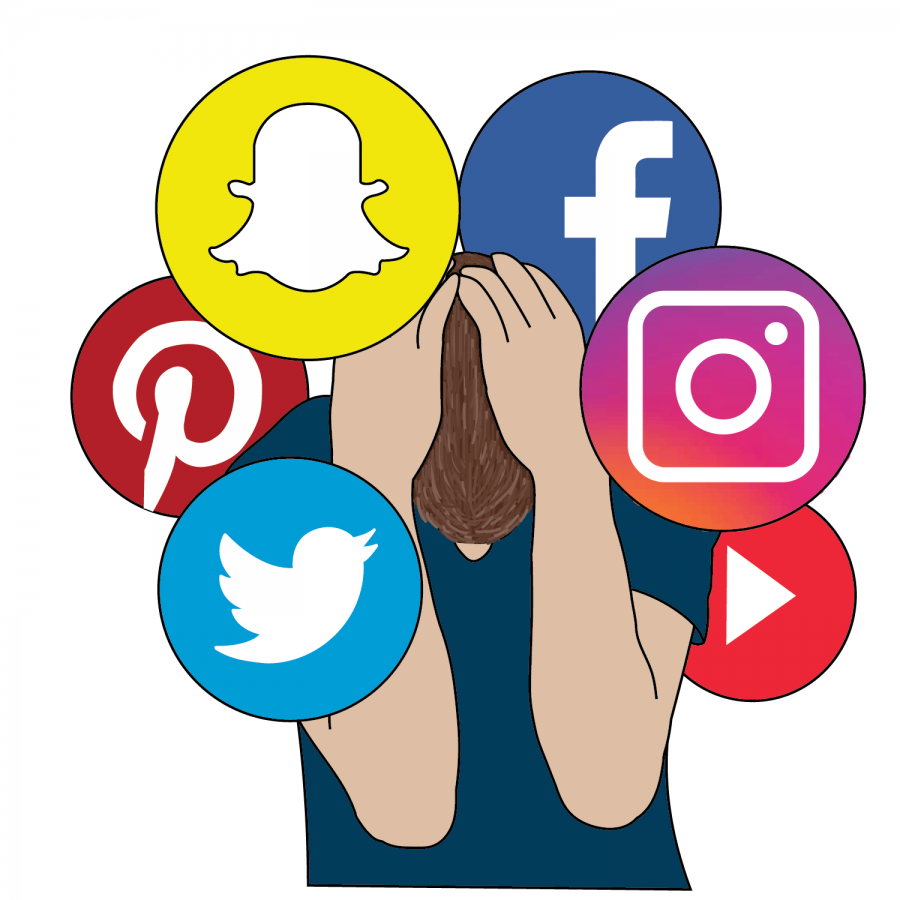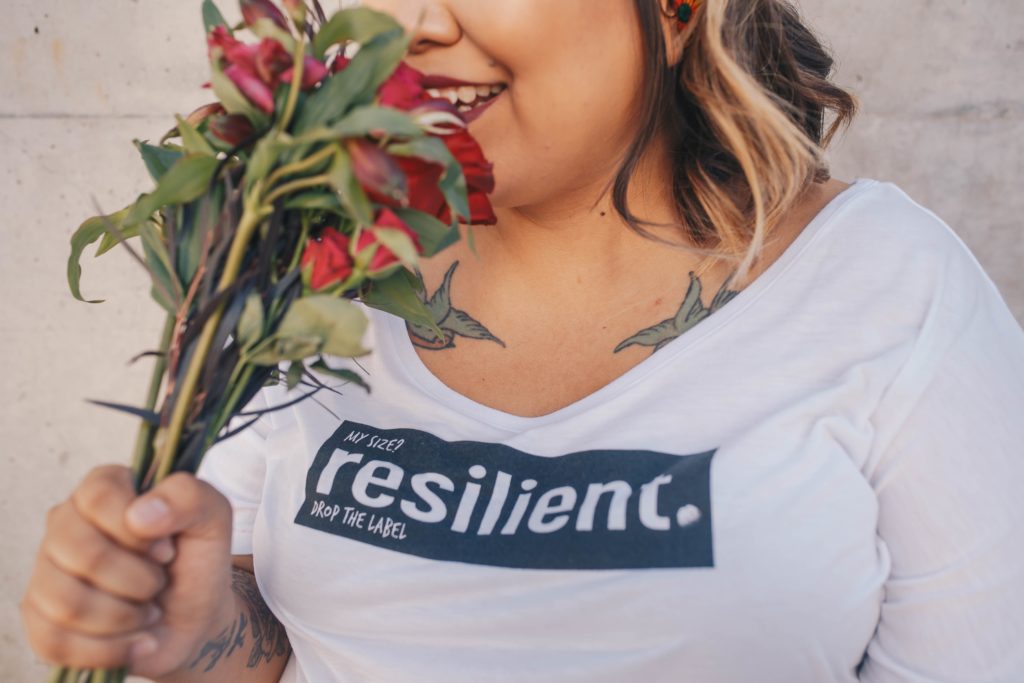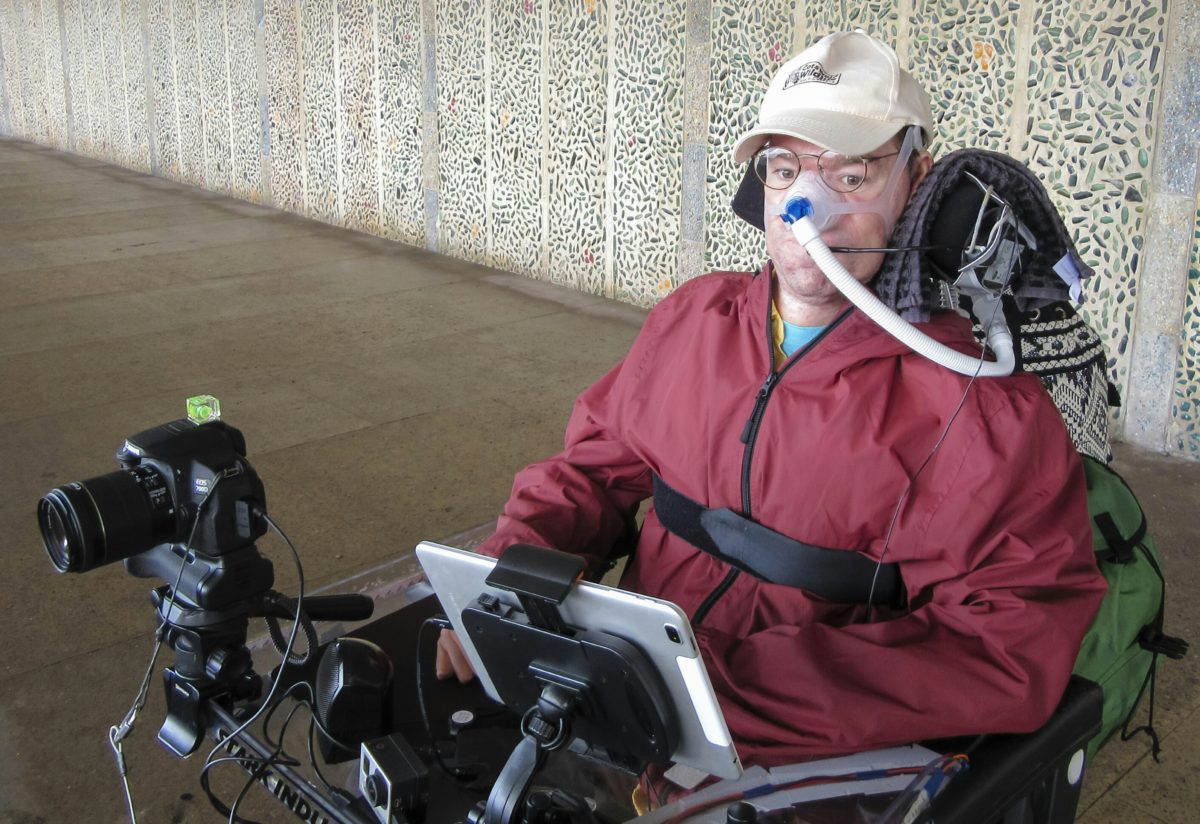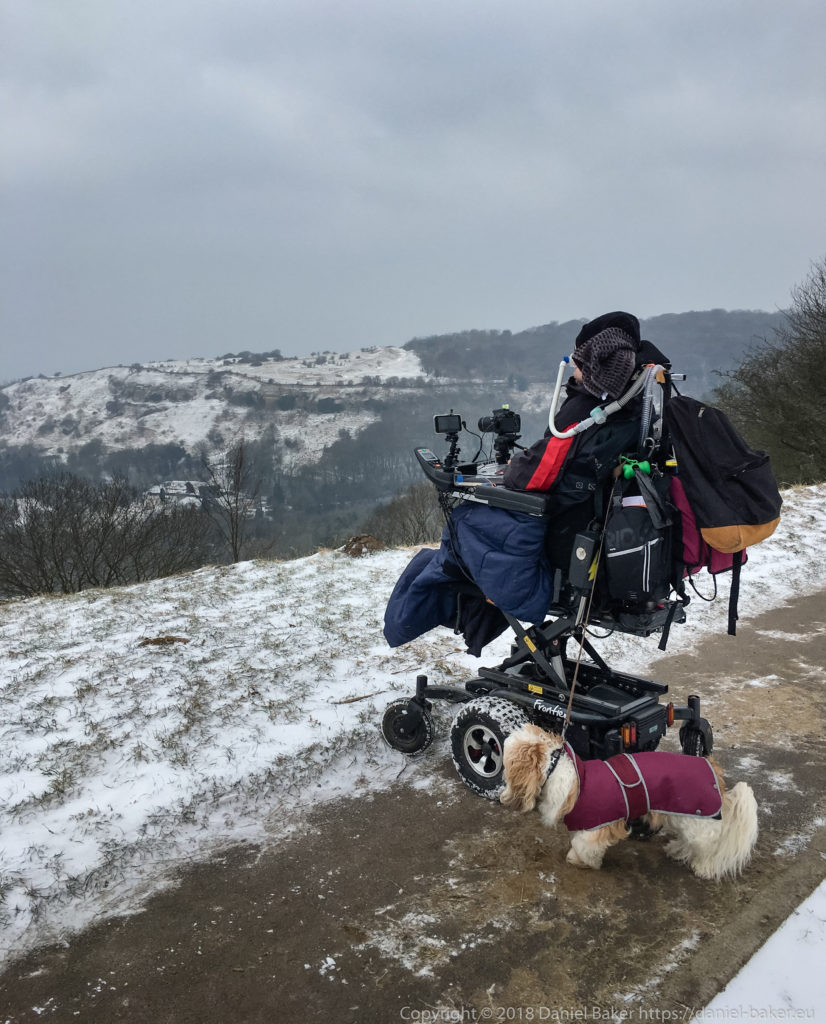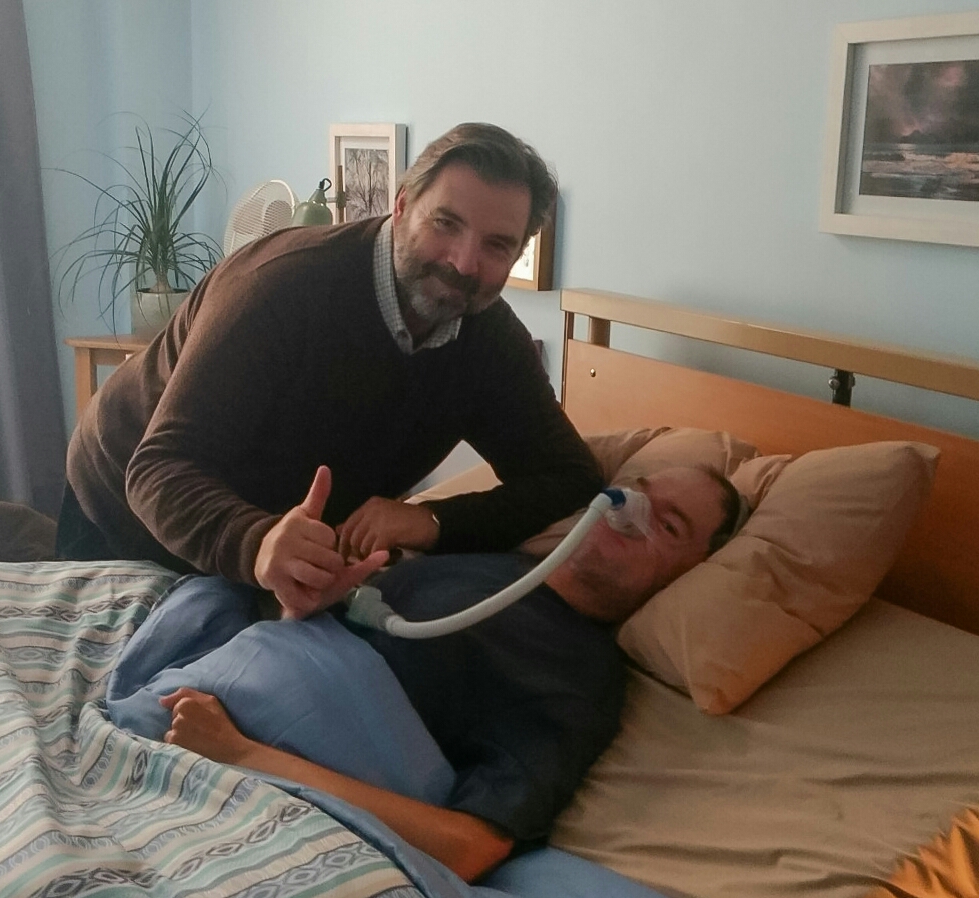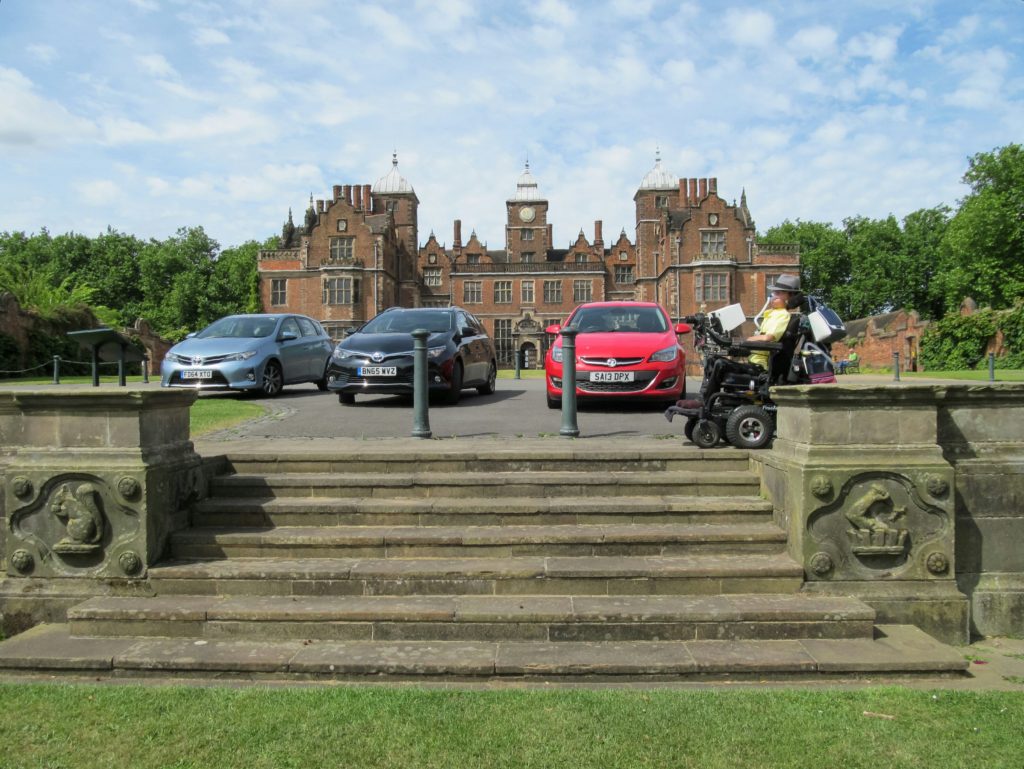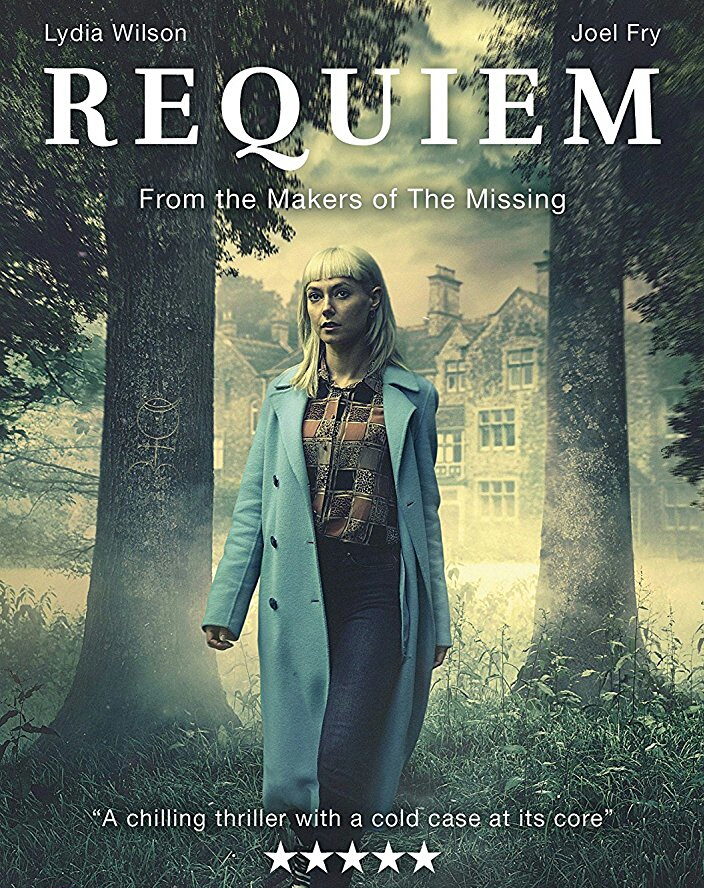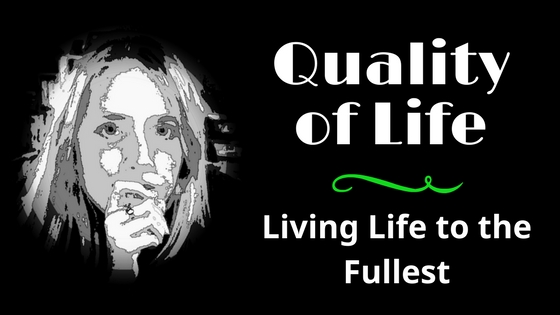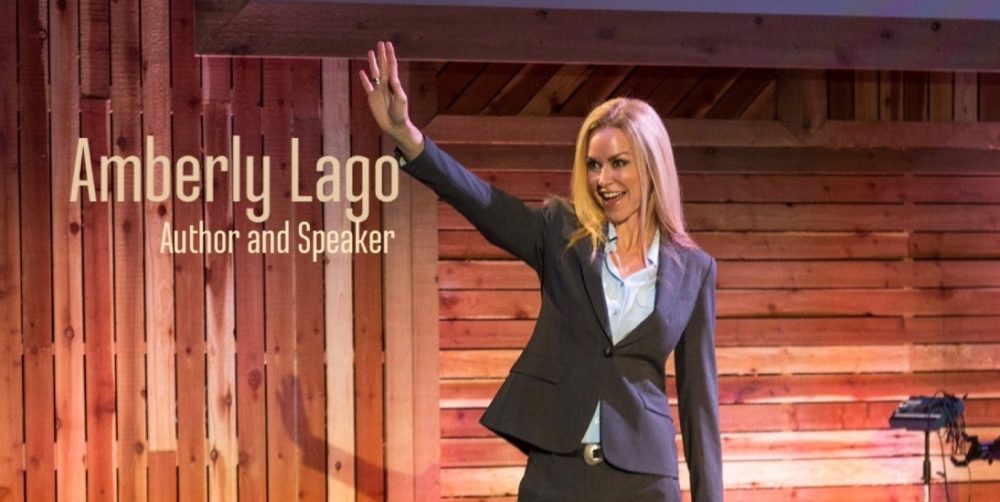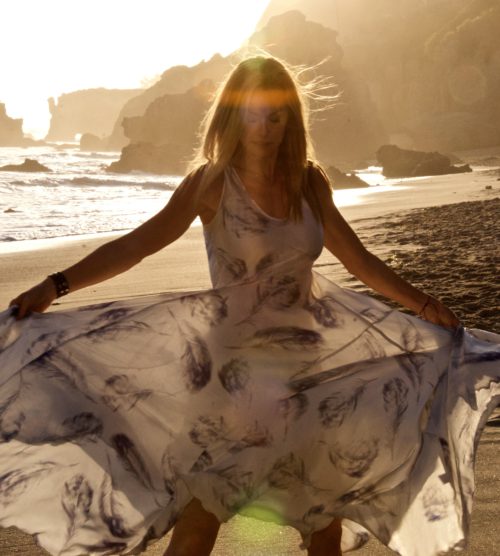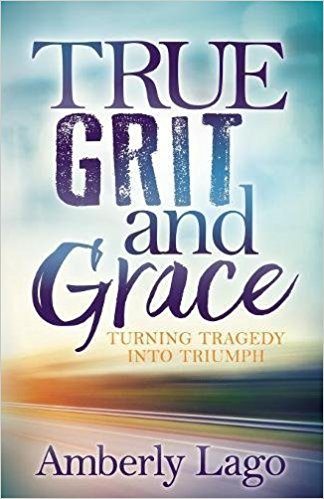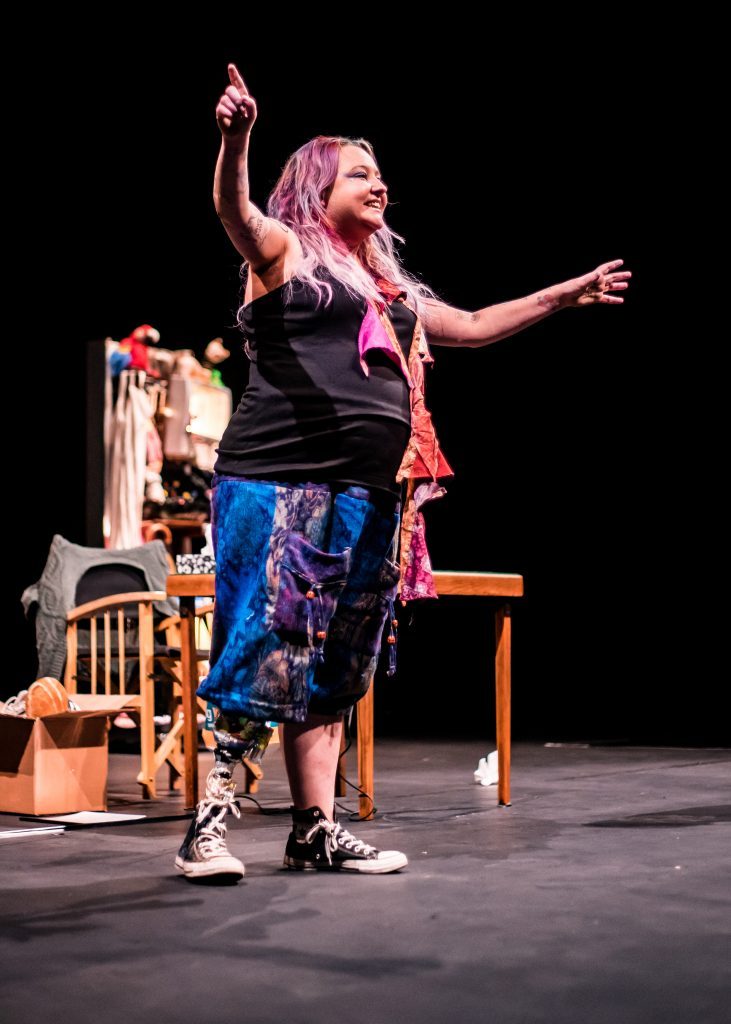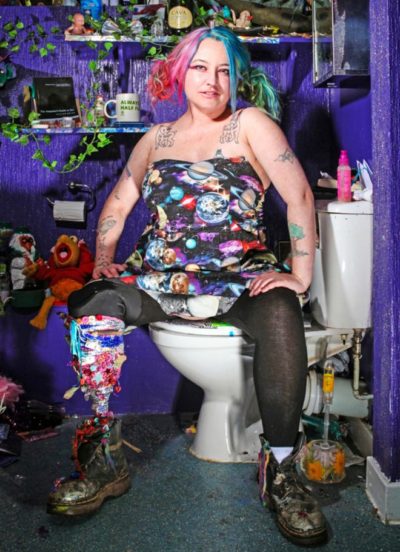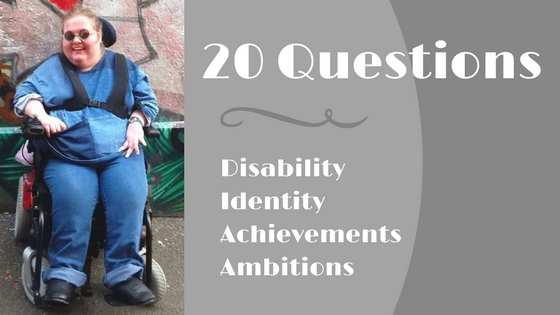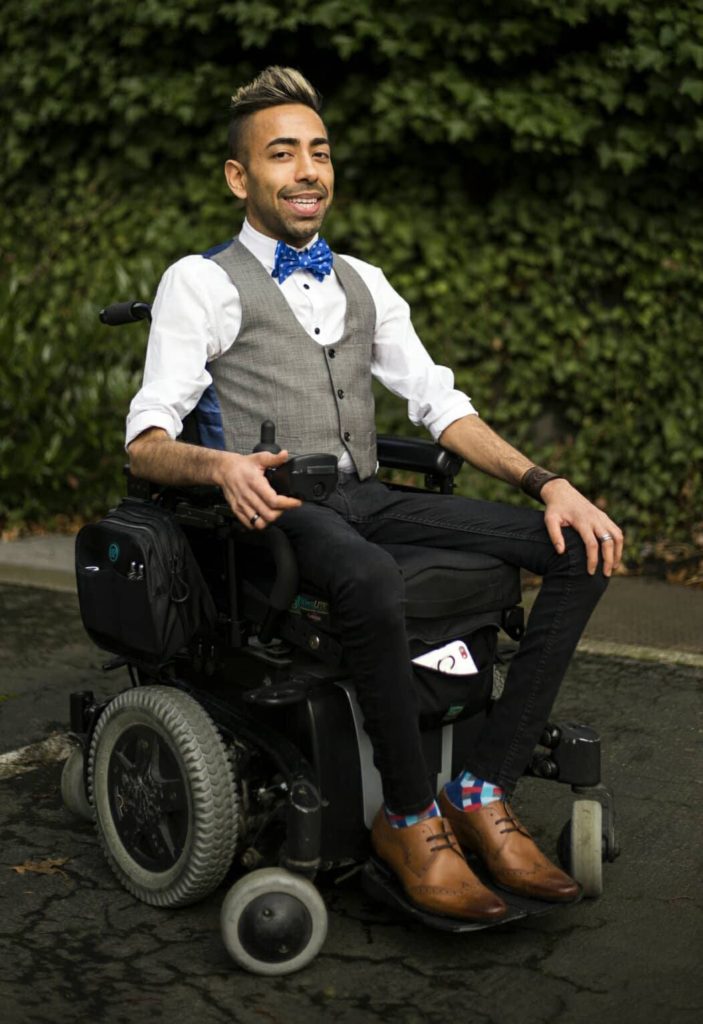Shane Burcaw is a high-profile, 26 year-old American writer, public speaker and charity founder. He has documented all aspects of his life with spinal muscular atrophy with candid humour, thereby informing and inspiring others whilst also influencing the public perception of disability.
Burcaw has been commended for his ongoing determination, sincerity and ability to raise awareness of often uncomfortable issues, in a sensitive manner.
Shane kindly took time out of his busy schedule to speak with me about life with SMA, what motivates his work, and why personal care doesn’t affect his relationship with able-bodied girlfriend, Hannah.
1. Shane, please could you tell us about your disability and how it affects you and your lifestyle?
I have Spinal Muscular Atrophy Type 2, but I’m on the weaker end of the Type 2 spectrum. SMA is a neuromuscular disease that causes my muscles to weaken and waste away over time. I’ve been using an electric wheelchair since the age of two. In a nutshell, my disease affects every single function of the body that involves muscles. I can barely move my legs, arms, and hands. I have difficulty swallowing, speaking, and breathing (especially when sick). Because of this weakness, I rely on other people for pretty much every aspect of daily life, from getting out of bed, to eating, to going to the bathroom. Luckily, I’ve been surrounded by incredible people who have always been there to help me, and because of that, I’m able to live a fairly “normal” life, with a career, a variety of hobbies, and frequent traveling for both leisure and work. I live with my girlfriend, Hannah, in Minneapolis, and she is my primary caregiver.
2. What motivates you to do the work you do (writing, public speaking, raising awareness through social media and your charity LAMN) and how do you find the energy?
My disease is progressive, so my condition and abilities deteriorate over time. I learned at a young age that many people with SMA pass away at a younger age than the average, and that realisation instilled in me some sort of existential determination to leave a mark on the world. Some might call it vain, but I was terrified by the prospect of dying without having done anything to be remembered for. I began sharing my story through funny blogs and later books, and working hard to grow a non-profit organisation that provides free equipment to others with my disease. Coffee is really the only way I’m able to balance writing, the non-profit, blogging, vlogging, and public speaking!
It should be noted that two years ago, the first-ever treatment (Spinraza) for my disease was discovered and approved. I began receiving it at the age of 25, and it’s supposed to stop the progression of my muscle-wasting. This has been a huge development in my life, both physically and mentally, and I’m still coming to terms with the fact that my future might be much different than I originally imagined.
3. Could you please tell us about Laughing At My Nightmare (charitable organisation) – how it all began, aims and objectives?
Our non-profit grew out of my blog that I began writing in 2011. People from all around the world felt an authentic connection with the idea that humour can help us cope with adversity. My cousin Sarah and I co-founded LAMN as a way to spread that idea to more people, and along the way we began raising funds to provide equipment to the muscular dystrophy community. In the past three years we have provided over $150,000 in medical and adaptive equipment to people living with muscular dystrophy.
4. In 2014, you wrote your first book. A memoir also entitled, Laughing At My Nightmare. Two further books followed. Who are your books aimed at and can readers expect?

Both of my memoirs (Laughing at My Nightmare, 2014; Strangers Assume My Girlfriend Is My Nurse, 2019) are about funny experiences I’ve had, from my early school years into adulthood. Strangers is more about society’s flawed perceptions of disability. My children’s book (Not So Different, 2017) answers the most common questions that kids ask about my disability and my wheelchair.

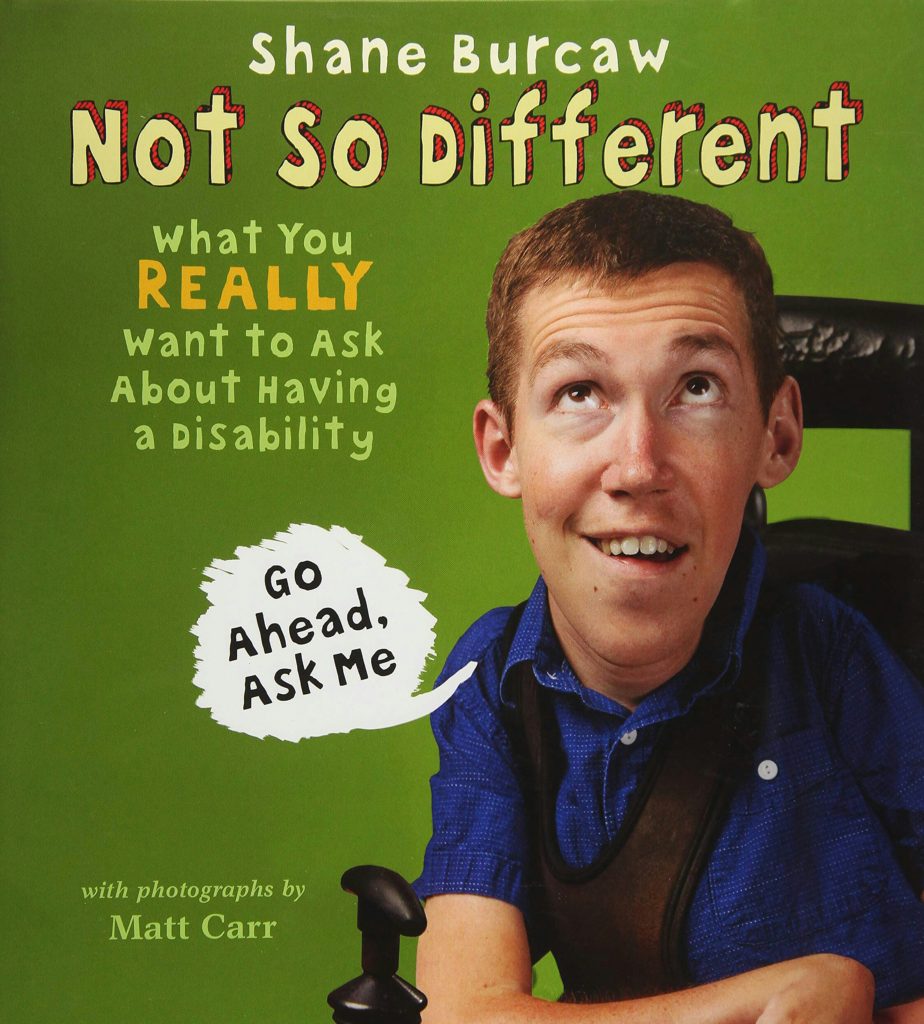
5. In the past, you have faced criticism from some in the disabled community. The terms ‘inspiration/pity porn’ have been used. Can you explain why this is and how you feel about the backlash?
Living with SMA can, at times, be extremely difficult from an emotional/mental standpoint. Experiencing the slow decline of ability through my adolescence and coming to terms with my future and my place in society was not always a bright, cheery process. My writing has always been an authentic reflection on my thoughts and experiences, so I wrote honestly about my fears and challenges. When my story began to receive attention on a larger scale, there were some people in the disabled community who didn’t agree with my sharing of these intimate worries. People accused me of playing up the negative aspects of my disability for attention, while others thought I was exploiting my life in an attempt to be “inspiring.”
I’m glad that people spoke up with their criticism. Although my writing has always been overwhelmingly positive, their feedback helped me reflect on some of my fears about getting worse and dying. Getting involved in the muscular dystrophy community has been such a positive thing for me, and they’ve helped me reframe my outlook on a personal level, which, in turn, has changed how I write about my disease. We are all learning and growing together!
6. Has your attitude to disability, your own in particular, changed over time?
Earlier in life, my biggest concern was minimising my disability for the sake of appearing “normal.” As I’ve gotten older, I’m less concerned with fitting in, and becoming more passionate about embracing my disability and changing the way society sees disability.
7. You have been with your able-bodied girlfriend, Hannah, for over two years. If you are comfortable doing so, would you please share with us how you met and a little about your relationship.
Hannah and I live together in Minneapolis, and she has been my primary caregiver for the past seven months. After doing two years of long distance, we are both happier than we’ve ever been now that we are permanently together. Like all couples, we have the occasional disagreement, but by and large we don’t feel like the caregiving aspects of our relationship create a strain. In fact, we both agree that these caregiving activities help strengthen our emotional connection.
I would like to thank Shane for taking the time answer my questions.
I hope you enjoyed reading this interview.
Twitter: @LAMNightmare
Website: Laughing At My Nightmare
YouTube: Squirmy and Grubs
Instagram: @shaneburcaw
